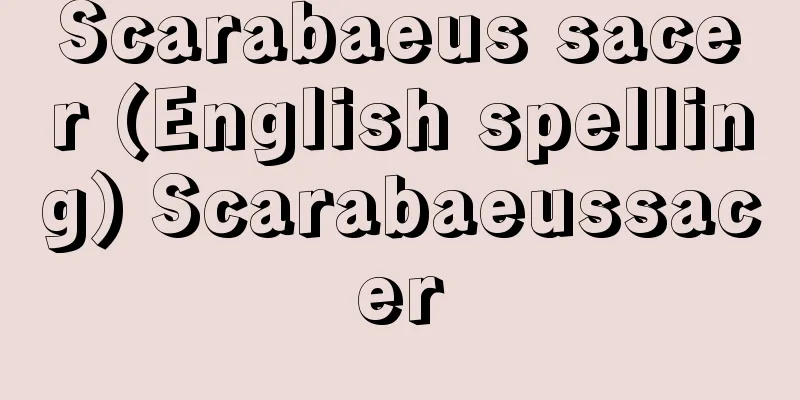Condillac - Étienne Bonnet de Condillac

|
French philosopher. Born in Grenoble on September 30th. He studied theology in Paris and became the abbot of Mureaux, but he mainly interacted with Enlightenment thinkers such as Diderot and Rousseau in Paris salons, and conceived his philosophy of sensualism through his association with them. In fact, it was Mademoiselle Ferrand, a regular at the salon, who suggested to him the famous metaphor of the "statue" in his major work, Les Sensations (1754). His first work, An Essay Concerning the Origin of Human Knowledge (1746), largely inherited Locke's epistemology, but was characterized by his emphasis on the role of language. Simple ideas derived from the senses can only be connected to other ideas by connecting them with language. His Systema (1749) dealt the final blow to the speculative metaphysics of Descartes, Spinoza, and Leibniz by explaining the historical systematic development of the human mind. In 1752, he was admitted to the Berlin Academy, and from 1758 to 1767 he served as tutor to Ferdinand de Bourbon (1751-1802), heir to the Duke of Parma. After returning to France, he was elected a member of the Académie Française in 1768. He is also considered one of the fathers of economics, as he pointed out in his Reflections on the Correlation of Commerce and Politics (1776) that all wealth is based on labor. Condillac is sometimes considered a materialist or a pseudo-atheist, but he believed and stated that he was a Christian. However, there is no doubt that he was the true founder of the school of ideals, the idéologistes. His other works include Discourse on Animals (1755), Course of Study (1775), posthumous works Logic (1780), and The Language of Calculation (1798). He died on August 3, 1780. [Akihiro Sakai May 19, 2015] [Reference] |Source: Shogakukan Encyclopedia Nipponica About Encyclopedia Nipponica Information | Legend |
|
フランスの哲学者。9月30日グルノーブルに生まれる。パリで神学を修め、ミュローの修道院長となったが、主としてパリのサロンでディドロやルソーなどの啓蒙(けいもう)思想家と交わり、彼らとの交遊を通して感覚論の哲学を構想した。実際、主著『感覚論』(1754)の有名な「彫像」の比喩(ひゆ)を彼に示唆したのは、サロンの常連フェラン嬢であった。 最初の著作『人間の認識の起源に関する試論』(1746)はほぼロックの認識論を継承しているが、ことばの果たす役割を強調したところに彼の特色がある。感覚に由来する単純観念はことばと結び付くことによって、初めて他の観念と結び付くことができる、というのである。『体系論』(1749)は人間精神の体系的発展を歴史的に説明することによって、デカルト、スピノザ、ライプニッツらの思弁的形而上(けいじじょう)学に「最後の一撃を食らわせた」。 1752年ベルリン・アカデミーに迎えられ、1758~1767年パルム公の世継ぎフェルディナントFerdinand de Bourbon(1751―1802)の傅育(ふいく)官を務めた。帰国後1768年アカデミー・フランセーズの会員に選出される。『商業と政治との相関的考察』(1776)で、富はすべて労働に基づくと指摘したことから、彼もまた経済学の父の一人に数えられている。コンディヤックはときおり唯物論者あるいは仮面の無神論者とみなされているが、彼自身は自らキリスト教徒であると信じ、そう述べている。しかし彼が観念学派idéologistesの真の創始者であることに異論の余地はない。ほかに『動物論』(1755)、『学習課程』(1775)、遺稿『論理学』(1780)、『計算の言語』(1798)などの著作がある。1780年8月3日没。 [坂井昭宏 2015年5月19日] [参照項目] |出典 小学館 日本大百科全書(ニッポニカ)日本大百科全書(ニッポニカ)について 情報 | 凡例 |
<<: Condé Family - Condé (English spelling)
>>: Continental Tango (English spelling)
Recommend
Amauta - Amauta
…After Aya was exiled in 1923, he became a centra...
Oshizushi - Oshizushi
This type of sushi is made by putting sushi rice ...
Daniels, FJ
… It was during World War II that British univers...
Pepping, E. (English spelling) PeppingE
…Important composers of the Romantic period inclu...
The Joou Incident
In September 1652 (Shoo 1), a group of ronin led ...
Johann Jakob Bachofen
Swiss jurist and ethnologist. He studied law at t...
Omusha - Omusha
This was one of the measures to raise the Ainu pe...
Uighur - Uighur (English spelling)
One of the Turkic languages. It is also called Ne...
Large-headed turtle - Large-headed turtle
...The original species is common in Europe, and ...
Uriyangkhai
…a northern people who lived in the Mongolian Pla...
Weiyuan
A Chinese thinker in the late Qing dynasty. His p...
Gan County - Gan County
…It became a city in 1949. Gan County is a separa...
Nanino, GM (English spelling) NaninoGM
A cappella is a group of musicians who composed c...
Enemy of the People
A five-act play by Norwegian playwright Ibsen. Pu...
Nagayoshi Asano
1816-1880 A samurai from the late Edo period. Bor...









